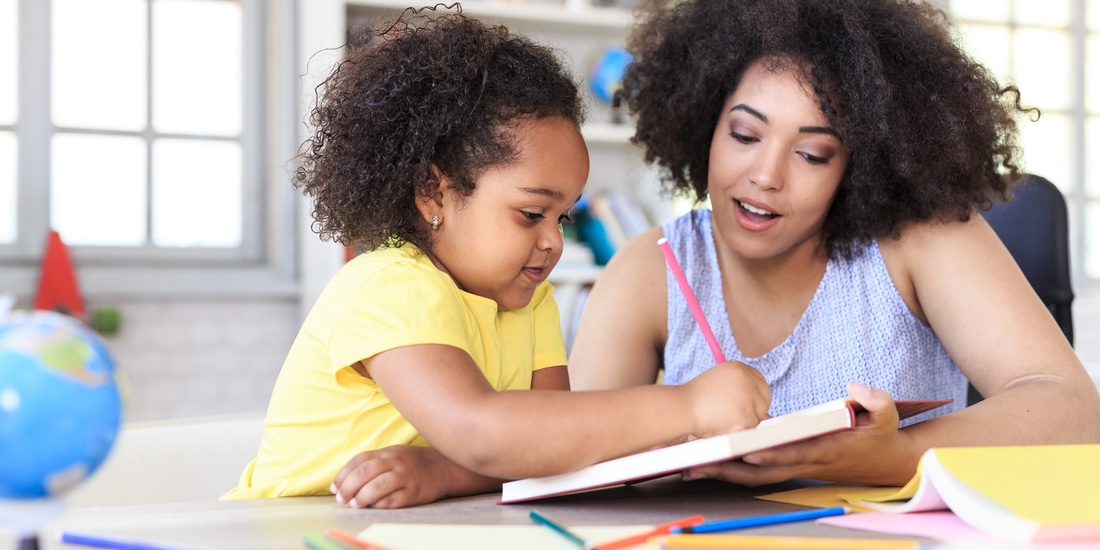It’s hard to know what you don’t know as your child embarks on their learning journey and enters Kindergarten. Sure, there are social + emotional skills and pre-academic skills. But there also just general FYIs. We’ve got answers to your two most commonly asked questions.
Learn
Are teachers looking for learning differences in Kindergarten? If so, how is this addressed?
- The short answer should be “Yes”. And many preschool teachers may also be looking for learning differences.
- Many schools are required to provide screening or assessment services for all children. Check your local department of education resources for more info, and don’t hesitate to ask your teacher if it’s something you’d like to pursue. In the U.S., read more about the Individuals with Disabilities Education Act here and here.
- While teachers may look for differences, they are also keenly away that each child learns at their own pace, on their own continuum. Many qualified early childhood educators recognize that children are on their own path and flex benchmarks based on individual needs.
- Every child has a different learning style and a different sensory processing system, and certain types of experiences, strategies and materials help children learn differently. Determining what this is, can be very helpful (e.g., “I need to see things to learn”, “I need to touch things to learn” or “wiggling my feet helps me pay attention”).
- Many parents are keenly aware of how their child best learns, and helping their child to be aware of how they learn is an essential self-help learning technique. But it’s also something that comes with time. You certainly don’t need to know it by day one of Kindergarten. Just pay attention to how your child learns from an early age, and help your child become self-aware of it. And then share it with your teacher.
How can I make the adjustment as smooth as possible for my new little Kindergartener?
- Build confidence – make the school a familiar place. Visit the school beforehand, walk around outside and inside, if possible.
- Try to meet someone who will be in your class, another child and family. If you can’t, try to do it in those early weeks of the school year. A little connection outside of school is meaningful – a short playdate at a park or a walk together. A chance to play with a child outside of school means another familiar face for your child at school.
- Find out if there is a roster of parent contacts for your class. If there isn’t, consider starting one. People could opt-in.
- Read a book about Kindergarten. Miss Bindergarten is always a hit. Lots more great books below.
